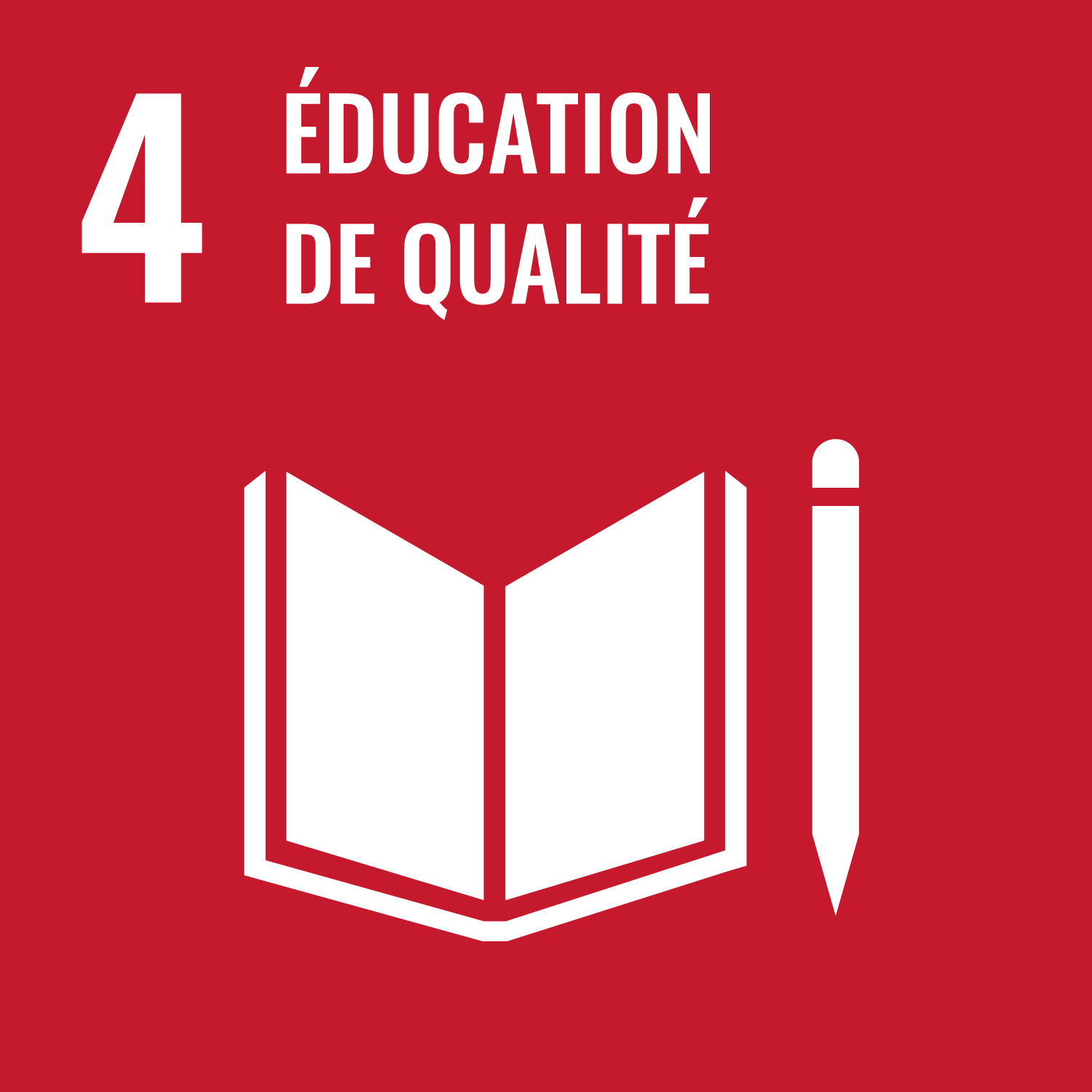Studypart: - You should bring an interest in the history of Germany and Europe in the 1930s and 1940s and commemoration. - You should have a desire to discuss these topics in an international group. In general: - You should be able to perform simple physical tasks. - A good knowledge of English is a prerequisite for participation. - Since many shorter and longer bike rides are planned, volunteers should also be able to ride a bike.
We have a total of three projects at the Sachsenhausen Memorial, with a different additional project: – VJF 2.3 Sachsenhausen #1:ESC Photography (06. July. - 26. August 2025) – VJF 2.4 Sachsenhausen #2: Sound worksop (08.07.25 – 26.07.25) – VJF 2.5 Sachsenhausen #3: Comic workshop (11.08.25 – 23.08.25) For this Workcamp it is necessary to have very good English skills as we will get a lot of information about the time of Second World War! ____________________________________________ This project is composed of a volunteering team, supported by the European Solidarity Corps program of the European Union. Compared to the usual workcamp participation scheme, some main financial and administrative differences must be underlined: For Sending Organizations: “Due to high costs and the lack of additional funding, we are unable to cover a sending fee on top of the ESC travel allowance (lump sum based on travel distance) that can be allocated to the sending organization for its volunteers. Unfortunately, this is the only way we can continue to run ESC teams in the capital of Germany.” ATTENTION PLEASE: This project is open to all volunteers that fit the ESC criteria presented on the ESC webpage: https://europa.eu/youth/solidarity/mission_en - Volunteers do not have to pay any fee (no sending, nor participation fee) to attend the project - Volunteers need to enroll in the PASS, the European Solidarity Corps Portal; We will organize your matching in the portal with the volunteering project. - Volunteers will receive pocket money, calculated on basis of the rate of our country ------ For Sending Organizations: “Due to high costs and the lack of additional funding, we are unable to cover a sending fee on top of the ESC travel allowance (lump sum based on travel distance) that can be allocated to the sending organization for its volunteers. Unfortunately, this is the only way we can continue to run ESC teams in the capital of Germany.
Project: "Sound workshop" . Week 1: Explore the Sachsenhausen Memorial and learn about the history of the former concentration camp. Week 2: Participate in a music and sound workshop (bring your own instrument or music tool) and visit the Ravensbrück Memorial, the former largest concentration camp for women. Week 3: Focus on Sachsenhausen’s time as a Soviet special camp, including a talk with a surviving witness __________ Study part: The history of Sachsenhausen Concentration Camp and the Soviet Special Camp are the focus of this part of the study. You will learn about the life stories of former prisoners who were interned here from all over Europe. Why were they persecuted? What was their daily life in the camp like and how did they try to survive? Visits to exhibitions, memorials and museums in Oranienburg and Berlin as well as discussions with experts are also part of the program. There will be a sound workshop so pleeae bring instruments with you. __________ Work part: Participants will perform maintenance and gardening work on the memorial grounds. No special skills are required for the simple physical work.
Accomodation: You will be accommodated in a youth hostel. The building is on the grounds of historical Sachsenhausen concentration camp complex and was built in 1938 as the official residence of the Concentration Camp Inspector, 2 km away from the memorial centre. It is not necessary to bring a sleeping bag. Bed sheets and linen will be provided. You will sleep in shared rooms with a lot of space. It is possible to use the washing machine and the dryer for a small fee. More information: https://www.jugendherberge.de/jugendherbergen/sachsenhausen/ Food: In the hostel there is a big kitchen for the group. Please be prepared not only to cook there, but also to clean up afterwards ;) This will be done by the kitchen team of your group. Volunteers have to cook the meals for themselves. Please bring easy recipes from your home country.
Area: Sachsenhausen is a part of Oranienburg, ca. 33 km to the north of Berlin. Sachsenhausen was one of the earliest concentration camps in Germany, built in 1936. For example, German people who were in opposition to Nazi policy, homosexuals, so-called asocials, criminals, Jews, and during the war especially people from occupied countries were imprisoned, forced to work and a lot of them were murdered. Between 1945 and 1950 a part of this area was used as a so-called Special Camp of the Soviet Secret Service Leisure: Volunteers have to be able to ride a bike, as several shorter and longer bike rides are planned. Bicycles are provided, but helmets are not required. In the free time it's possible to go to Berlin or Potsdam. The volunteers will find many forests and lakes to walk, cycle or just relax. However, the free time activities will mainly depend on participants' ideas.
